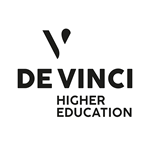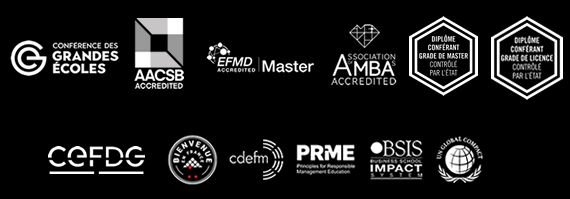Business schools have traditionally focused on providing advanced business education; for many candidates, enrolling in one is a career milestone. This is no longer the case, and business schools are increasingly challenged by their traditional role as the leading providers of advanced business education.
Business schools are feeling the effects of paradigmatic shifts in business education the most and in order for them to remain relevant, they need to make drastic improvements.
Value Shift in Business Schools
The human and environmental elements of sustainability are now increasingly taking the lead, whereas traditional business school curriculum has focused on economic growth, the “profit” component of the three sustainability dimensions. This calls for business schools to fundamentally broaden their scope. In fact, the majority of case studies and lectures do not even raise the issue of whether or not profit should be the primary outcome variable in the production of organizational value.
Business schools can’t overlook these shifts in values. Teachers typically have extensive knowledge in a particular subject area, such as statistics, economics, or marketing. This typically leads to a limited discussion of sustainability, ethics, and CSR in specialty lectures rather than incorporating these topics into subject-specific courses which isn’t sufficient.
Reassessing Their Mission
BSs are reevaluating their purpose, mission, and professional obligations, and they have started to realize that they are engaged in professional management education for today’s society. In order to equip students to accomplish the duties required in business and the public sector as well as to maintain societal development, management schools are increasingly becoming the setting where the best professional competence from a variety of disciplines converge, and the main focus?
- For students to learn about the world
- For students to learn about themselves
- For students to learn about the future
Future Role of Business Schools
Although it is unlikely to be popular with everyone, they have the potential to redefine their goals and for addressing the widespread criticisms of targetted towards them regarding the traditional egocentric approach to knowledge creation. By forging a new social compact with the communities and being hub a hub for international connections, business schools are playing a role that goes beyond business as they serve and renew their commitment to delivering public value and a hands-on updated approach from the get-go.
EMLV’s mission is driving innovation in research and education to offer students a global perspective, a sense of responsibility, and cross-disciplinary abilities to address the issues with sustainable business and digital environments.
The only school in France that uses a genuine transversal approach in all of its programs is EMLV. With the assistance of two other institutions on the same site, ESILV (Graduate School of Engineering) and IIM, transversality is a teaching approach that is viable (Institute of Internet and Multimedia).
This allows a purpose and scope of work that goes beyond teaching lessons and covering materials but rather develops ways of teaching that connect students to other peers, allowing them to share experiences that travel from one culture to the other, and even provide wisdom to their educators, who themselves, are learning and growing as they go.
By working across cultures, business schools are reassessing their scope of work.





















